- Fierce fighting breaks out near junta’s No. 344 Artillery Regiment in Yekyi Twsp
- Indigenous communities in Chittagong Hill Tracts struggle amid ARSA threats
- Weekly Highlights from Arakan (Feb 16 to 22, 2026)
- Hindus struggle with livelihood hardships amid job shortages in Arakan State
- Equipment from Chinese-owned VPower plant in Kyaukphyu to be fully relocated amid growing conflict
Long road to recover for thousands of acres of fruit tree farmlands in Kyauktaw Twsp
More than 30 villages such as Thaluchaung, Tewa, Likway, Ngasinyainekaing and Chinmawuntaung are located along the upper reaches of the Yoe Creek. Ethnic Arakanese, Mro and Khami people live in the area, and mainly engage in farming.
24 Aug 2023
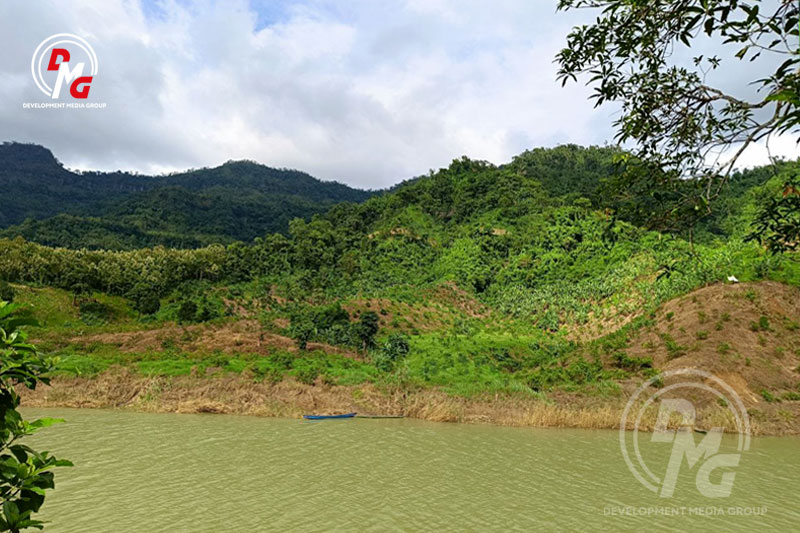
DMG Newsroom
24 August 2023, Kyauktaw
Several villages along the upper reaches of the Yoe Creek in Arakan State’s Kyauktaw Township, where thousands of acres of farmland were destroyed by Cyclone Mocha in mid-May, are facing difficulties in recovery, residents said.
More than 30 villages such as Thaluchaung, Tewa, Likway, Ngasinyainekaing and Chinmawuntaung are located along the upper reaches of the Yoe Creek. Ethnic Arakanese, Mro and Khami people live in the area, and mainly engage in farming.
Local people in the area received only a little aid following the storm and are facing difficulties rebuilding their homes and farmlands damaged or destroyed by the storm, residents said.
“The storm destroyed many acres of fruit trees and homes in the area. We have presented a request to junta officials to provide us with cash assistance, but no assistance has been received so far,” said U La Pyae, a local man from Kinbi Village.
Villages along the upper reaches of the Yoe Creek can be reached by only waterway, an added hurdle for deliveries of aid supplies.
Cyclone Mocha, which made landfall over Arakan State with destructive force on May 14, destroyed thousands of fruit trees such as lime, lemon, banana, djenkol beans and mango in the area.
“Many people in villages along the upper reaches of the Yoe Creek are very poor and make a living by collecting bamboo shoots. Normally, they earn income from selling djenkol beans and jackfruits at this time,” said U Oo shwe Thaung, a resident of Thaluchaung Village.
Thousands of acres of farmlands were destroyed by the storm and in the ensuing months of financial distress, some farmers have had to put a stop to their children’s education.
U Oo Maung Thein, a local from Ngasinyaingkaing Village, said he had to pause his daughter’s education as four out of five acres of lime and eight acres of banana were destroyed by the cyclonic storm.
“I decided not to send my daughter, who is in Grade 10, to school after the storm. We are struggling to make ends meet,” he explained.
Local farmers are asking authorities to provide seedlings and low-interest loans to replant damaged crops.
The damaged fruit trees are perennials and even if they are replaced, it may take several years for them to bear fruit, leaving locals worried that they will face livelihood difficulties in the coming years.
“It takes around 10 years to grow djenkol, jackfruit and mango trees that can be picked. It can take at least five years to grow lime trees,” said U Aung Myaing, a farm owner from Likway Village.
Fruits and vegetables grown along the upper reaches of the Yoe Creek are sold at Kansauk Village and to merchants at the Wah Taung bus gate in Kyauktaw.





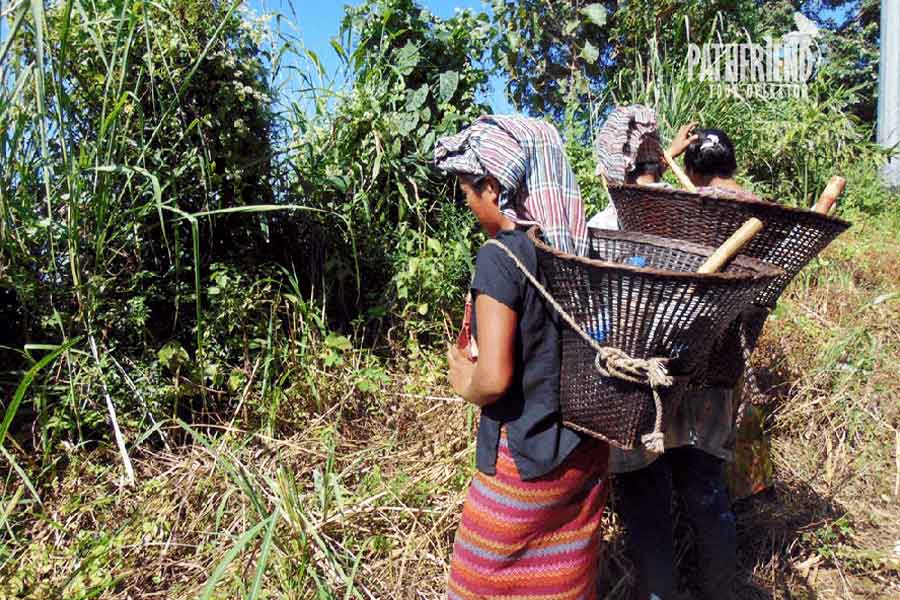
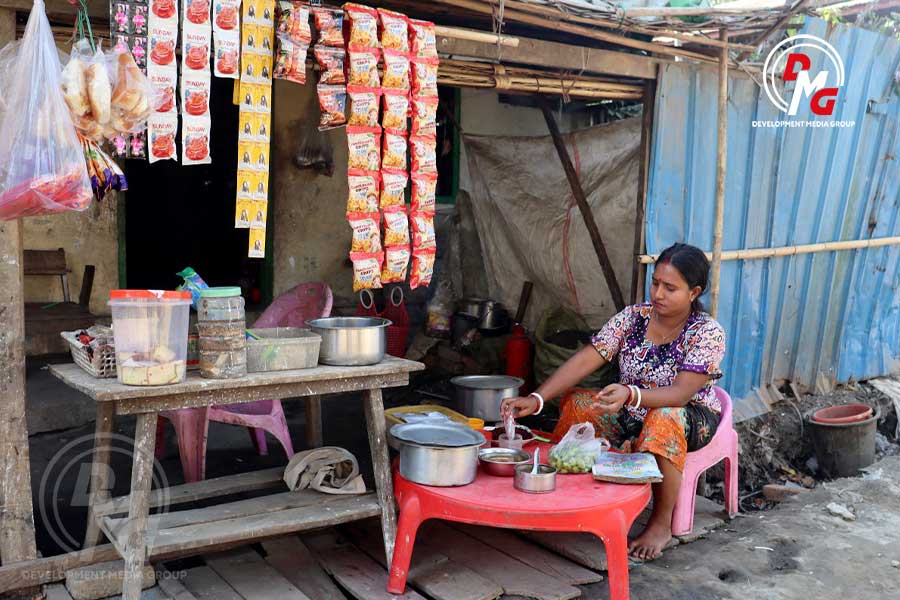
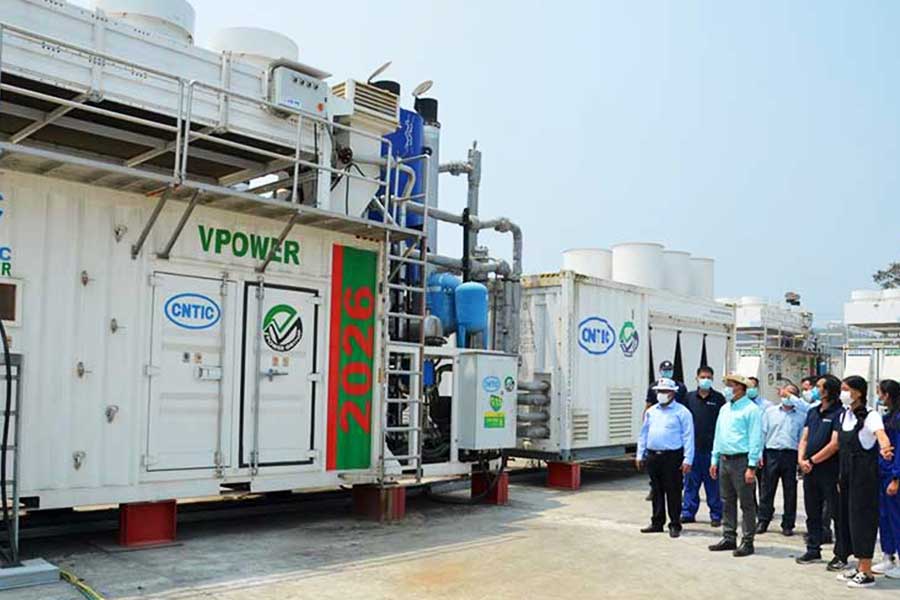
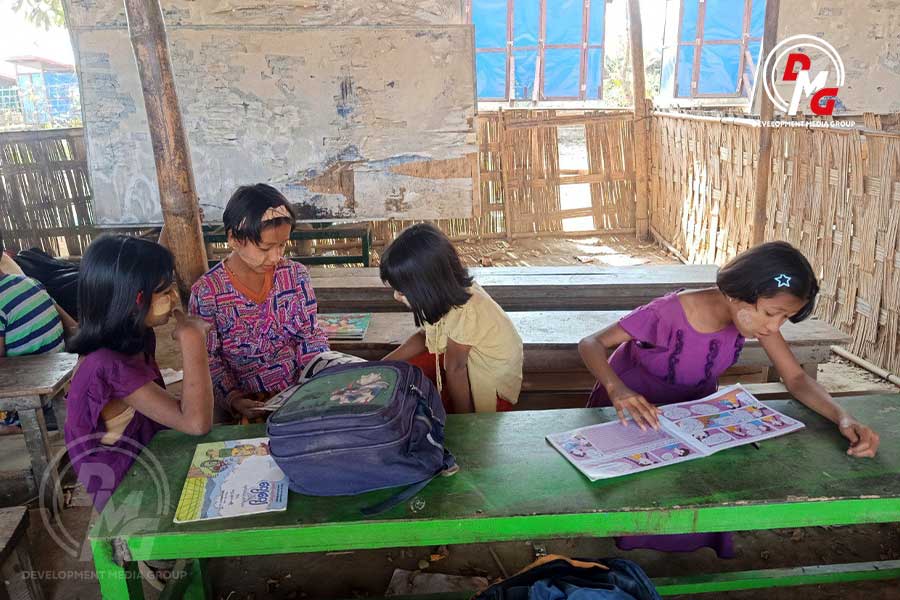








.jpg)